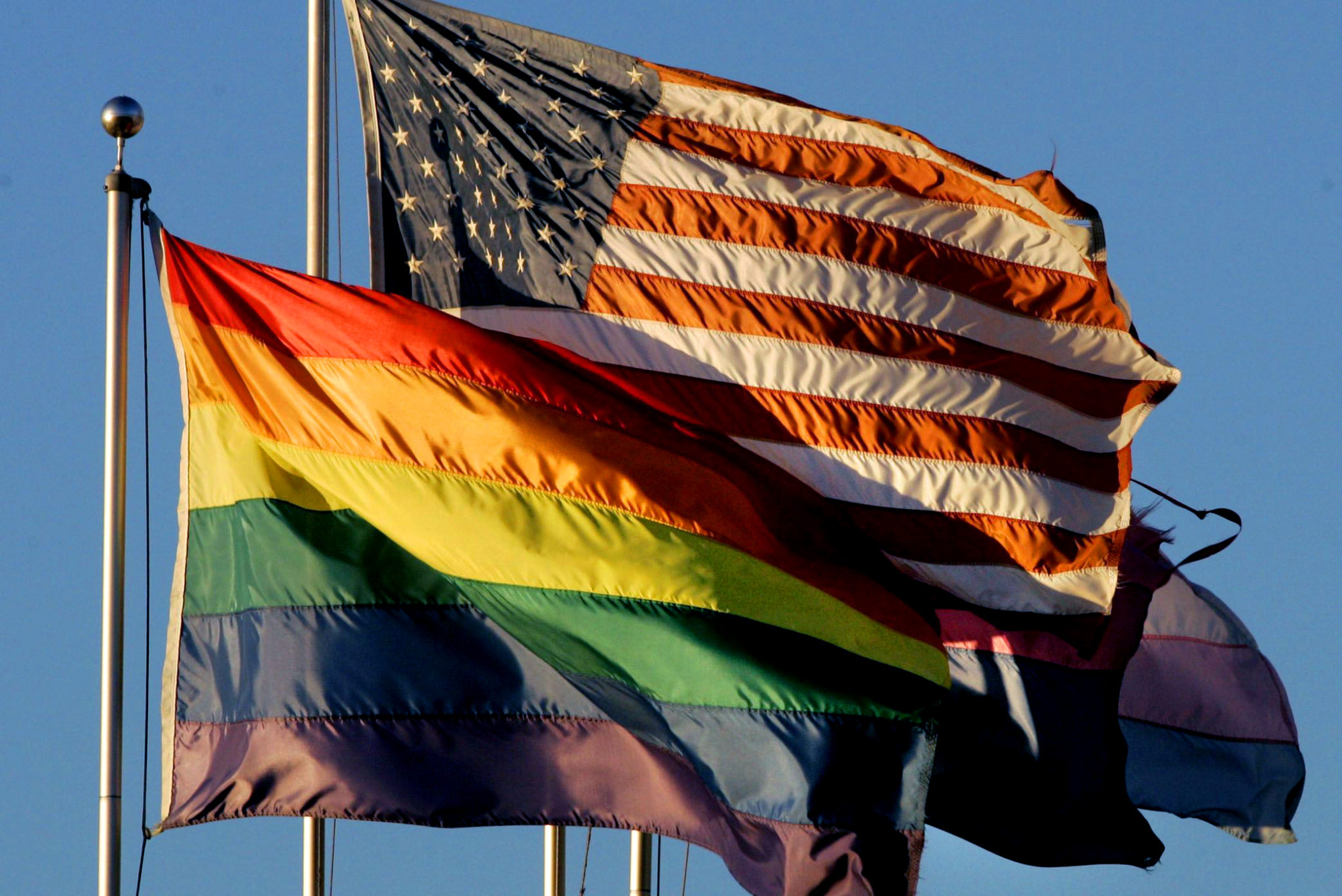Late last week, the Equal Employment Opportunity Commission issued a ruling that could help end workplace discrimination against LGBT Americans — including those in the auto industry.
The ruling stemmed from a complaint against U.S. Secretary of Transportation Anthony Foxx, which was filed by an air traffic control specialist in Florida. The EEOC determined that employers can’t discriminate against workers on the basis of sexual orientation because such practices are inherently discrimination on the basis of sex, which is outlawed by the Civil Rights Act of 1964.
“[A]llegations of discrimination on the basis of sexual orientation necessarily state a claim of discrimination on the basis of sex,” the commission concluded in a decision dated July 15….
The ruling — approved by a 3-2 vote of the five-person commission — applies to federal employees’ claims directly, but it also applies to the entire EEOC, which includes its offices across the nation that take and investigate claims of discrimination in private employment.
While only the Supreme Court could issue a definitive ruling on the interpretation, EEOC decisions are given significant deference by federal courts.
The gist of the argument is pretty straightforward. Say, for example, that Bob loves Ted, and Carol also loves Ted. Firing Bob for loving Ted and NOT firing Carol is discrimination on the basis of sex: if Bob were a woman, he’d still have a job.
The EEOC reached similar findings around gender identity in 2012.
What does all this mean?
In cases filed with the EEOC, any employer who discriminates on the basis of sexual orientation or gender identity is likely on the losing end of the stick. Also, the stage is now set for a similar ruling from the Supreme Court, which takes decisions like these into serious consideration.
What does it not mean?
The Civil Rights Act only applies to companies with 15 or more employees, and it carves out huge exceptions for religious groups, certain nonprofits, and some federal agencies. So, even if the Supreme Court takes up the matter, and even if it rules in our favor, the Civil Rights Act won’t protect people who work for those types of firms.
The ruling doesn’t do anything to change the fact that Hyundai and Kia can still discriminate against LGBT employees — even though the vast majority of Americans disapprove of such practices. But if they really want to stay in the game, the South Korean automakers should immediately issue policies that protect workers from discrimination on the basis of sexual orientation and gender identity, just as their competitors have done.
